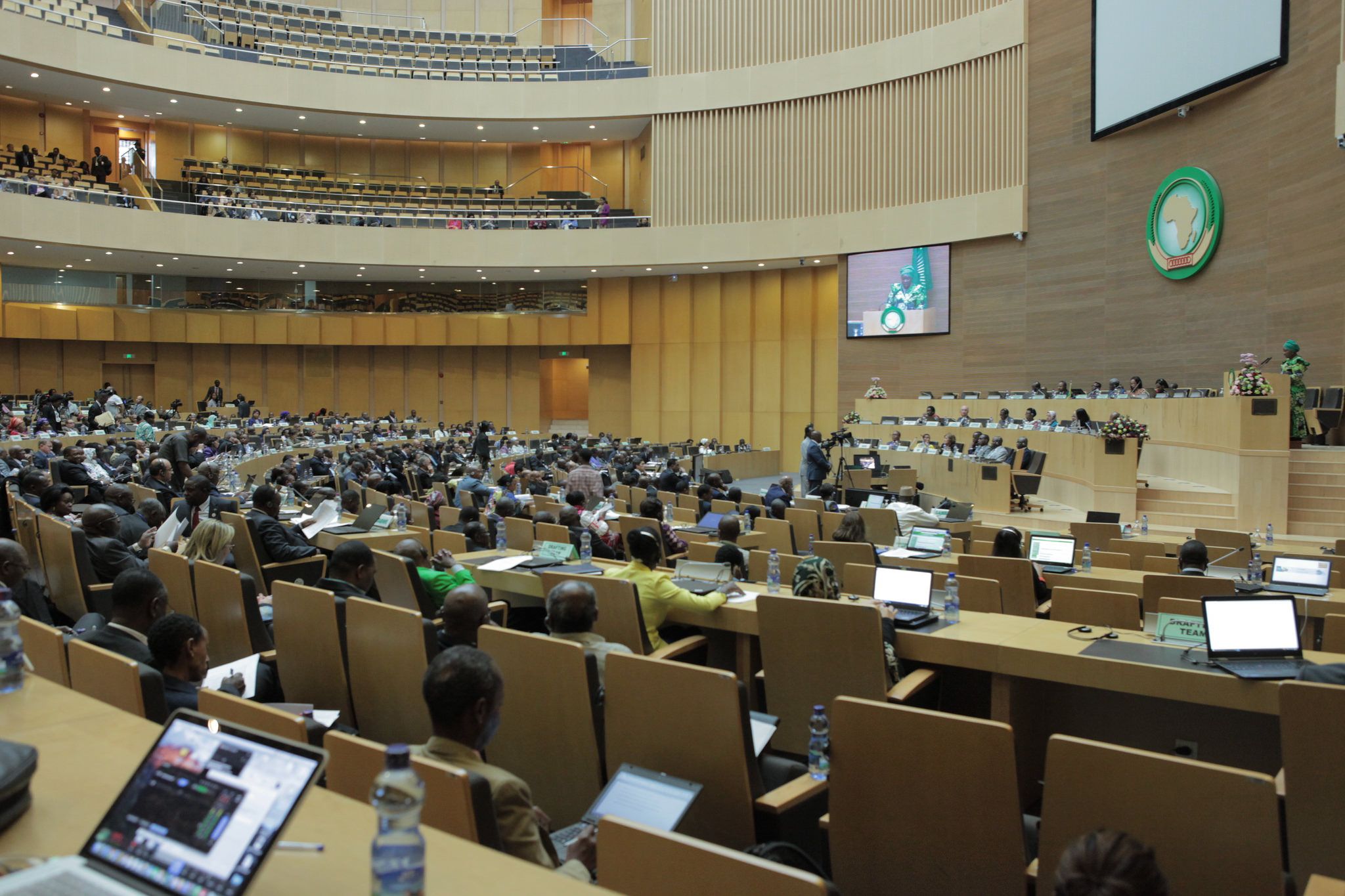8th Gender Pre-summit: AUC Chairperson, Nkosazana Dlamini Zuma Urged Women to be Transformers and not just Conformers
Addis Ababa, Ethiopia, 19 January 2016: The Official opening ceremony of the 8th Gender Pre-Summit today, Tuesday 19 January 2016, brought together over four hundred delegates from across the continent and abroad in the AU Headquarters in Addis Ababa, Ethiopia. The Nelson Mandela plenary hall at the New AU Conference Center was full to capacity with women leaders in all the socio-economic and political sectors who gathered to exchange views on the theme: 2016 African Year of Human Rights with Particular Focus on the rights of Women.










